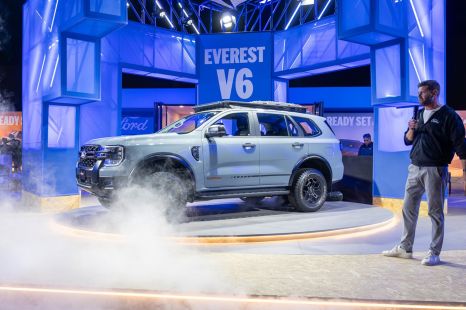

Damion Smy
Ford Everest Tremor gets 260kW V6 ‘Ranger Raptor’ treatment
2 Hours Ago

Journalist
Renault has announced a whopping €7.4 billion ($12.2 billion) loss for the first half of 2020.
This was due in large part to the troubles at Nissan, Renault’s Alliance partner. According to the French automaker, Nissan was responsible for €4.8 billion ($7.9 billion) of red ink.
After factoring out Nissan’s losses and other one-time charges, Renault’s operating loss for the first half was €2.0 billion ($3.3 billion). In the first half of 2019, Renault made a €1.5 billion ($2.5 billion) profit.
Renault’s cash situation was shored up in June when it secured a €5 billion ($8.2 billion) loan facility backed by the French government.
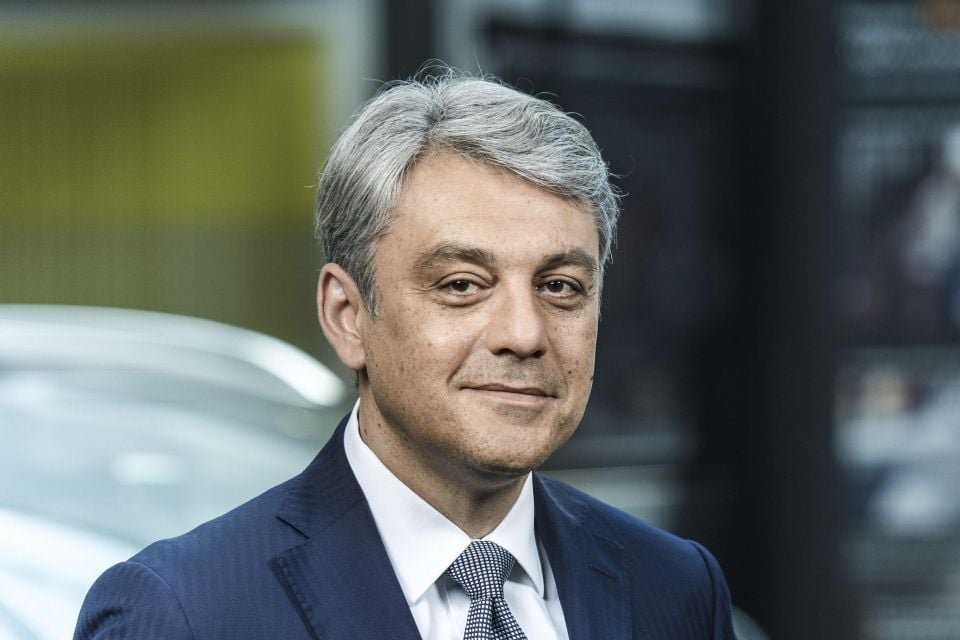
Due in part to the global coronavirus pandemic, which started in March, Renault Group sales were 34.9 per cent to 1.26 million vehicles. By comparison global car sales were only down 28.3 per cent.
Luca de Meo, who started his role as Renault CEO at the beginning of this month, said the results were a “disturbing wake up call” in a meeting with analysts.
He described the pandemic as a “complex, difficult situation”, but said Renault came into present situation feeling “feverish”, which will make recovery “even harder for us”.
De Meo believes Renault is “currently touching the bottom of a negative curve that started several years ago, and probably even earlier”.
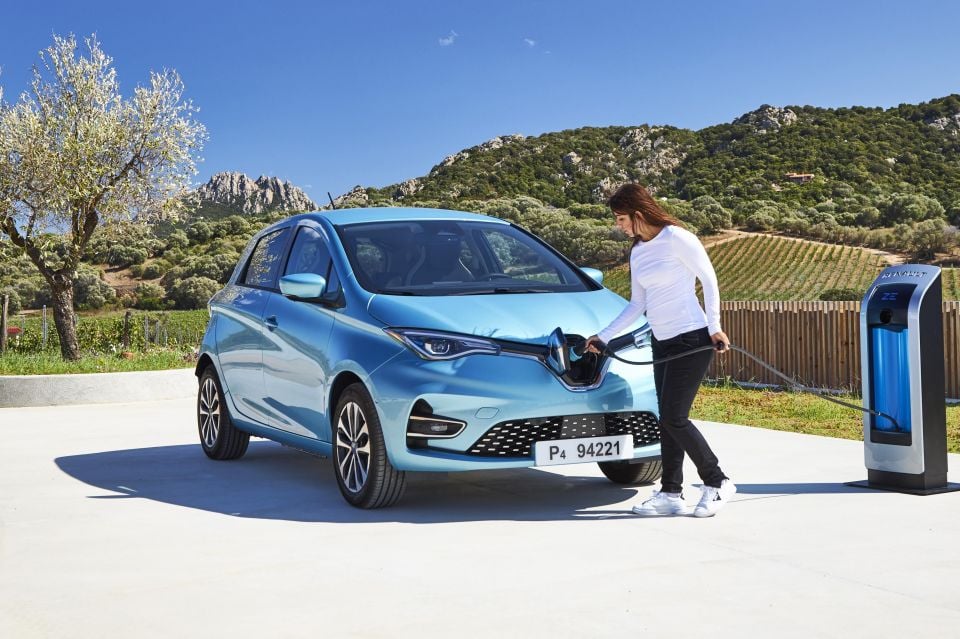
According to de Meo, around 40 senior executives are working hard on a new strategic plan, which will be unveiled by January 2021 at the latest.
Rumours are circulating that some models may be cut, including the flagship Talisman sedan and wagon.
In May, the Renault-Nissan-Mitsubishi Alliance announced a new working structure, dubbed “leader-follower”, which will see each automaker take charge in a specific region, and for specific model classes.
As part of the new setup, Renault will be the “reference company” for Europe, Russia, South America, North Africa, and South Korea.
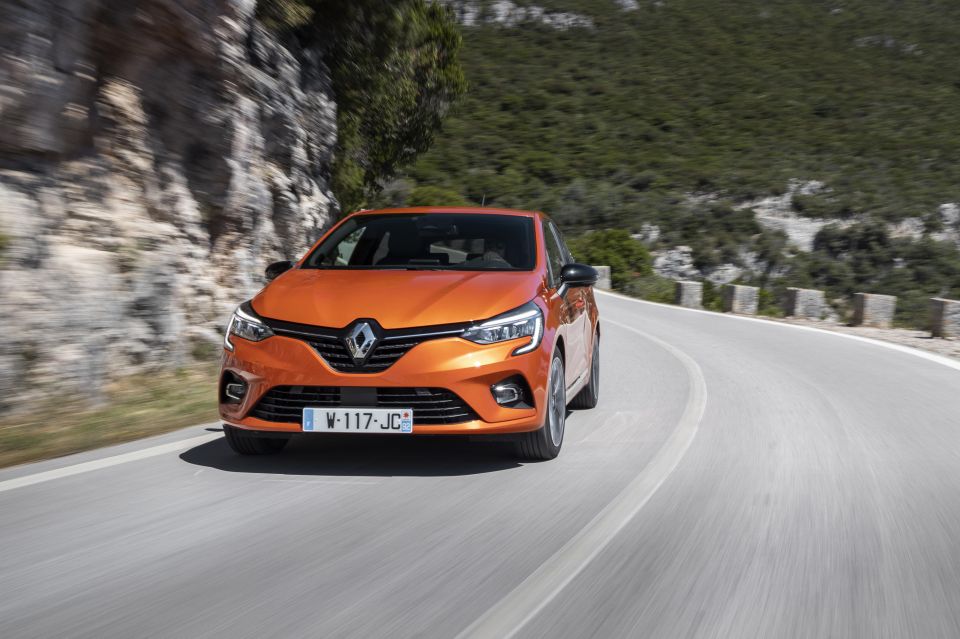
Earlier this week, Renault Australia outlined changes to range, including axing the Zoe electric hatch, scrapping plans to bring the next-generation Clio to our shores, and replacing the Kadjar with the Arkana crossover coupe.
These moves, the local arm says, will see the brand stay “here for the long haul” with a lineup focused on crossovers and vans.
Where expert car reviews meet expert car buying – CarExpert gives you trusted advice, personalised service and real savings on your next new car.
Derek Fung would love to tell you about his multiple degrees, but he's too busy writing up some news right now. In his spare time Derek loves chasing automotive rabbits down the hole. Based in New York, New York, Derek loves to travel and is very much a window not an aisle person.


Damion Smy
2 Hours Ago


CarExpert.com.au
3 Hours Ago


Ben Zachariah
5 Hours Ago
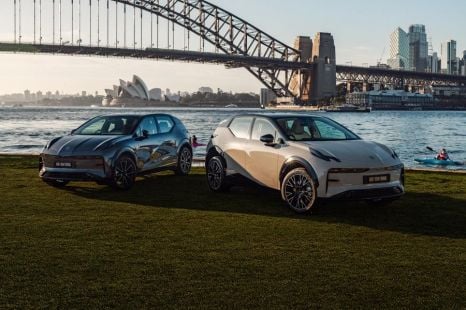

Max Davies
5 Hours Ago
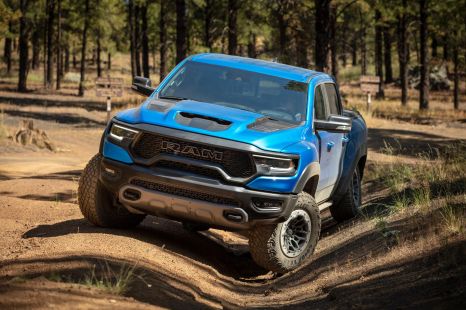

Derek Fung
6 Hours Ago
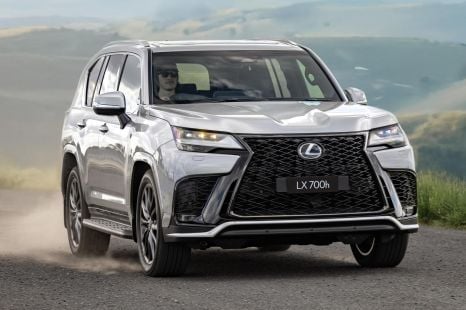

Derek Fung
6 Hours Ago